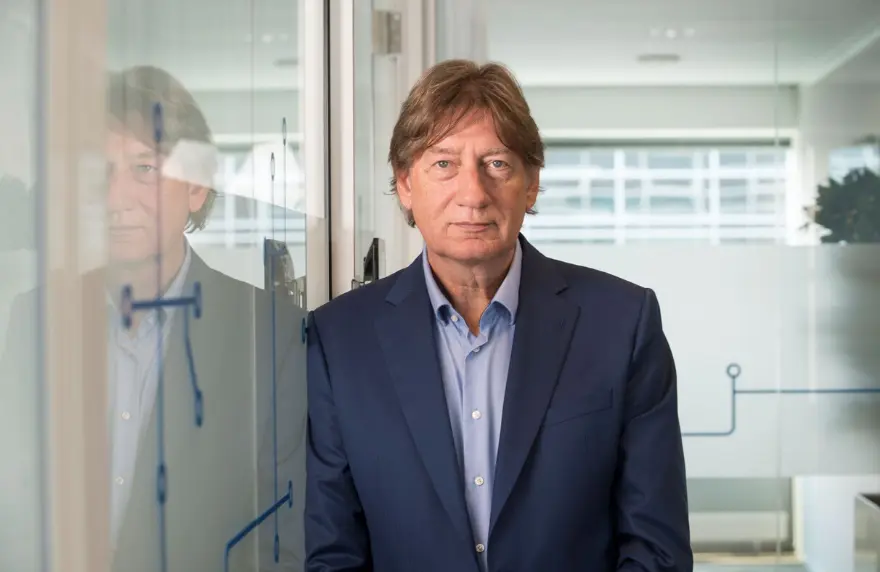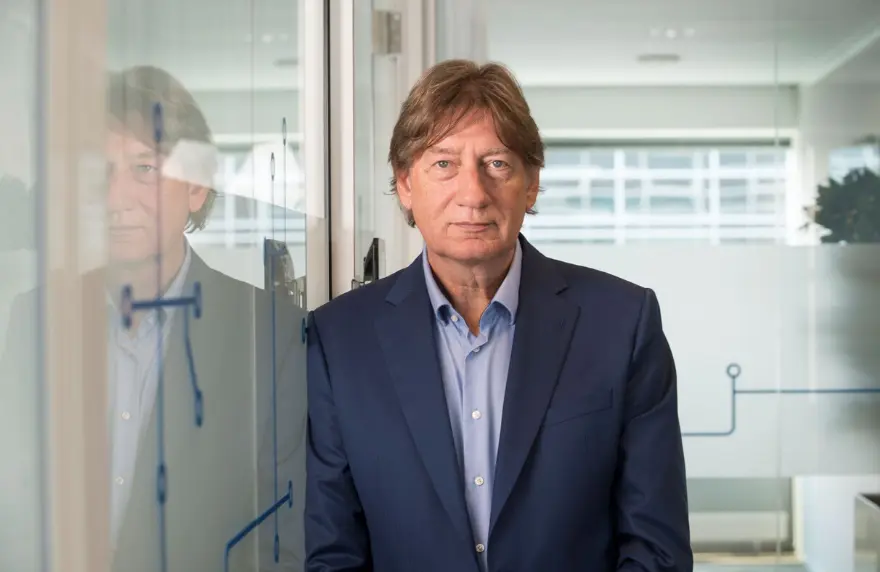Het zal mij niet verbazen als de Wit-Russische president Loekasjenko afgelopen zondag zijn hand heeft overspeeld. De reden is niet dat hij op wederrechtelijke wijze een dissident uit een vliegtuig heeft laten slepen, maar het feit dat hij – in de woorden van commissievoorzitter Von der Leyen – de Europese soevereiniteit heeft geschonden.
Als het klopt dat het toestel van een Ierse maatschappij op een vlucht tussen twee EU-landen met een jachtvliegtuig tot landen is gedwongen, dan heeft hij een daad van militaire agressie begaan. Deze notie is ondergesneeuwd geraakt in de verontwaardiging over het lot van dissident Roman Protasevitsj.
De EU kan militaire agressie niet onbeantwoord laten. Het opleggen van sancties is dan een eerste stap. De daaropvolgende stap is vergelding als signaal dat dit soort militaire acties niet onbestraft kunnen blijven.
Ontwrichting kan oppositie een kans geven
Opmerkelijk is dat nu ook de oppositie in Wit-Rusland om harde actie vraagt. Vanuit Warschau riep oppositieleider Pavel Latoesjko op om zijn land uit Swift te gooien: dit systeem faciliteert internationale financiële transacties. Uitsluiting kan in potentie het hele land ontwrichten. Die ontwrichting zou de pijlers onder het bewind verzwakken en de oppositie een kans geven. Dit staat opmerkelijk genoeg haaks op de veelvuldig gehoorde westerse wens om de bevolking te sparen. Maar voor de oppositie lijken inmiddels alle middelen geoorloofd.
In deze lijn moet ook digitale vergelding op Wit-Rusland worden gezien. Het moet mogelijk zijn om door middel van offensieve cyberaanvallen de pijlers onder het bewind te verzwakken. Denk aan industrieën, de presidentiële administratie en bevelsstructuren voor binnenlandse veiligheid. De risico’s zijn beperkt, omdat Wit-Rusland geen machtsfactor is.
Poetin houdt de adem in
Interessant is wat Rusland dan gaat doen. In tegenstelling tot wat wordt gedacht botert het niet tussen Poetin en Loekasjenko. In de jaren negentig was Loekasjenko een pleitbezorger van een unie met Rusland. Maar sinds de annexatie van De Krim wil hij voorkomen dat Wit-Rusland zelf wordt ingelijfd en hij een marionet van Rusland wordt. Poetin aast nog steeds op een unie, uit de traditionele Russische wens om een buffer tussen Rusland en het in zijn ogen agressieve Westen te hebben. Die buffer moet veiligheid verschaffen.
Voor Loekasjenko en Poetin is het lastig manoeuvreren. Bij beiden zit de angst voor volksopstanden er goed in. Een nieuwe opstand kan Loekasjenko de kop kosten en brengt bij Poetin traumatische herinneringen naar boven aan de democratische en anti-Russische ‘kleurenrevoluties’ zoals die in Georgië (2003), Oekraïne (2004) en Kirgizstan (2005). Omdat daarmee de vorming van een bufferzone in rook opging, startte hij oorlogjes om alsnog te beletten dat landen zich bij de EU of de Navo zouden kunnen aansluiten.
Bij een harde vergelding van Europese landen, mogelijk gesteund door de VS, zal Poetin op afstand toekijken om niet onnodig bij een conflict te worden betrokken. Met Loekasjenko zal hij zijn adem inhouden en hopen dat het volk niet nogmaals in opstand komt. Maar hoe langer die vergelding uitblijft, hoe makkelijker het voor Wit-Rusland en Rusland wordt hun posities te bepalen. Zo bezien is de vliegtuigkaping een test zonder weerga voor de lidstaten van de EU, die niets van dit soort machtspolitiek moeten hebben.
Rob, de Wijk, Trouw, 28 mei 2021
Rob de Wijk is hoogleraar internationale relaties en veiligheid aan de Universiteit Leiden en oprichter van het Den Haag Centrum voor Strategische Studies (HCSS). Hij schrijft wekelijks over internationale verhoudingen. Lees zijn columns hier terug.




